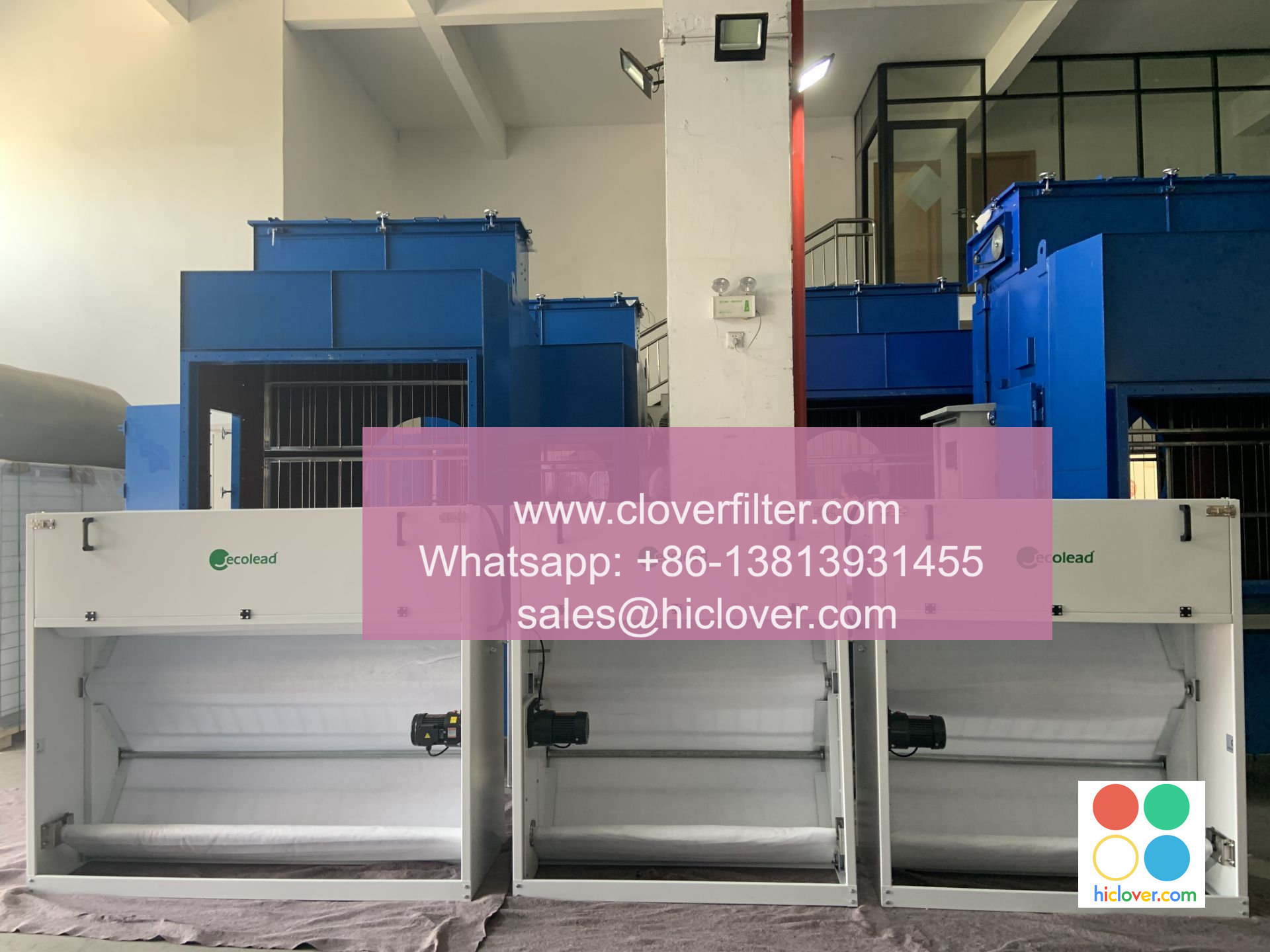Air Filter Standards: Why Compliance Matters

Air Filter Standards: Why Compliance Matters
Introduction
Air filters are an essential component in various industries, including HVAC, aerospace, and automotive. These filters play a crucial role in maintaining air purity, preventing contamination, and ensuring the efficiency of equipment and systems. However, with the increasing complexity of air filtration systems, ensuring compliance with relevant standards has become crucial. In this article, we will delve into the importance of air filter standards, highlighting various application areas and the benefits of compliance.
Why Compliance Matters
Compliance with air filter standards ensures that filters meet specific criteria for performance, testing, and labeling. Compliance with standards such as ASHRAE, NEMA, and ISO ensures that filters meet the necessary requirements for safety, quality, and efficiency. Non-compliant filters can lead to:
- Reduced system performance
- Increased energy consumption
- Inadequate air quality
- Premature maintenance and replacement
- Compliance with regulations and industry standards is vital to avoid these issues.
- ASHRAE 52.2: This standard provides guidelines for the determination of filter efficiency by the minimum efficiency reporting value (MERV) rating, ensuring that filters meet specific standards for indoor air quality.
- MIL-L-9888: This standard specifies requirements for air filters in aerospace applications, ensuring that filters meet specific standards for contamination control, airflow, and pressure drop.
- SAE J2986: This standard outlines requirements for air filters in automotive applications, including filter performance, pressure drop, and durability.
- ISO 16890: This standard provides guidelines for the testing and certification of air filters, ensuring that filters meet specific standards for performance, testing, and labeling.
- Improved System Performance: Compliance with air filter standards ensures that filters meet specific performance criteria, leading to improved system efficiency and reduced energy consumption.
- Enhanced Air Quality: Compliant filters guarantee adequate air filtration, resulting in improved indoor air quality and reduced risk of contamination.
- Reduced Maintenance and Repair Costs: Non-compliant filters can lead to premature maintenance and repair, which can be costly and time-consuming. Compliance with standards ensures that filters are designed and tested to meet specific requirements, reducing the need for costly repairs.
- Compliance with Regulations: Compliance with air filter standards helps industries meet regulatory requirements, ensuring that businesses avoid fines, penalties, and reputational damage.
Key Areas of Application
Air filter standards have specific relevance in various industries, including:
HVAC Industry
Aerospace Industry
Automotive Industry
Industrial and Commercial Settings
Benefits of Compliance
Conclusion
Air filter standards are essential to ensure the performance, quality, and efficiency of various systems and industries. Compliance with these standards is crucial to reduce the risk of system failure, improve air quality, and meet regulatory requirements. By understanding the importance of compliance and the relevant standards in various industries, businesses can make informed decisions when selecting and implementing air filters, ultimately benefiting from improved system performance, reduced costs, and enhanced air quality.
I’m excited to get started! What would you like to talk about or do? Do you have a specific topic in mind, or are you looking for ideas?

